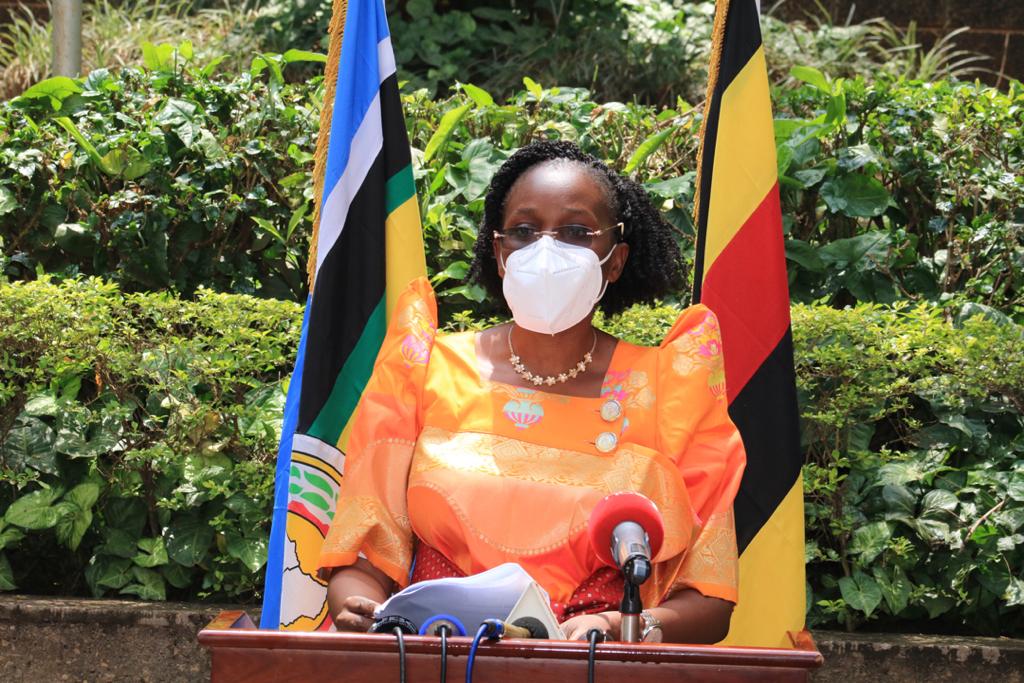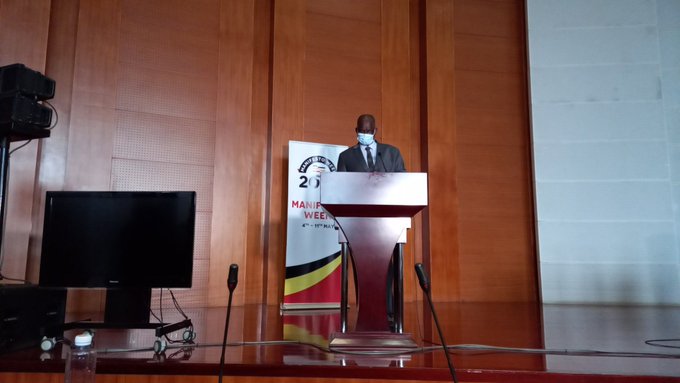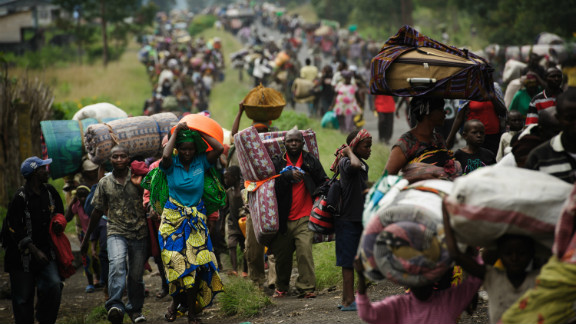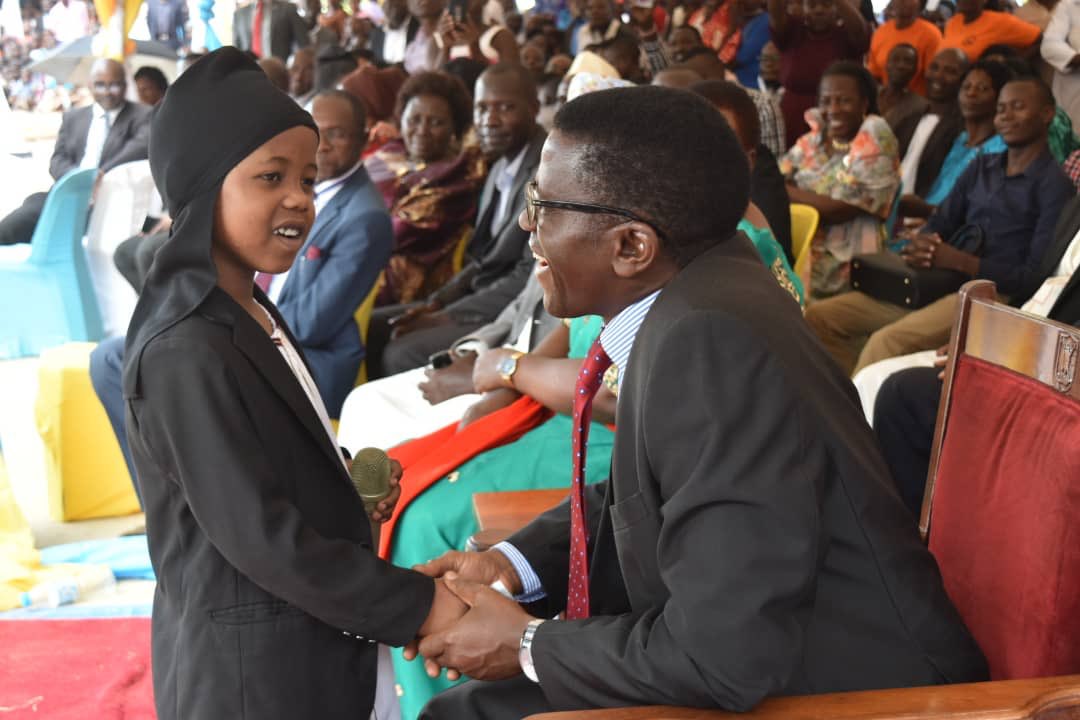The government will not take any measures against rising commodity prices, to avoid adverse impacts which could even lead to the collapse of the economy, President Yoweri Museveni has said.
Prices of most products, imported and locally manufactured have been rising since late last year, and have since pushed the inflation rate from about 3.2 in November to 4.9 per cent in April.
The most affected products are soap, cooking oil and other related products, while imports include fuel, wheat and fertilizer.
The trend has been attributed to the rising global demand following the reopening of economies after the COVID-19 induced lockdowns, while production has not grown and the Russia-Ukraine conflict, since the two countries are major producers of wheat, crude oil for manufacturing soap, fertilizers and edible oil, among other petrochemical related products.
The high cost of fuel is affecting the prices of other local products and services, hence the suggestion that government waive taxes or introduce subsidies on essential items.
But while addressing the nation on Sunday, Museveni assured the country that the price question was not at dangerous as COVID-19, which he says had been successfully handled. He however described some of these suggestions as suicidal for the economy.
Museveni explained that subsidies and tax waivers on imported goods will increase the consumption of these expensive products, because the consumer will find them easy to access, and this will demand more money from the government, which would affect its reserves.
Over the last year. The national reserves have grown from 3.5 billion dollars to 4.5 billion dollars, enough to cater for the country’s import needs for 4.2 months. He says subsidies and tax waivers on imports would mean using the national reserves, which is dangerous.
But also he expressed fears that the government would be foregoing a huge part of tax revenues, which would affect the national budget and service delivery or call for more borrowing.
Stressing the fear of revenue losses, Museveni gave an example of taxes on Sugar, cement and steel bars, which, if waived, would amount to a loss of 500 billion Shillings. In East Africa, Kenya and Rwanda have introduced subsidies on the cost of fuel to tame the prices.
However, in Kenya, this has been blamed for the scarcity of fuel products as marketers hoard them to force the government to release delayed subsidy payments to them.
There are also conflicts between the companies and the Nairobi government, which accuses the dealers of selling the fuel carrying the subsidy, to neighbouring countries.
In his address, President Museveni noted that subsidies would lead to the smuggling of the products to other countries where they cost more.
In his view, the most effective quick solution to the price crisis is for Ugandans to find alternatives to costly items like wheat. He said the use of local products like cassava and bananas can help forego the high prices of wheat to produce bread.
But he also advised on the consumption of locally produced food, for both low costs and better nutrition. He said these can be temporary solutions as the country gets more advanced from rain-fed agriculture to irrigation, as well as the ongoing projects to increase sunflower and oil palm production for edible oil.
For the warring parties in the west, president Museveni suggested diplomatic approaches to their differences instead of fighting which affects the rest of the world.
For example, an estimated 25 million tons of wheat are blocked by the war in ports around Ukraine.
While Ugandans are experiencing a sharp rise in commodity prices, the inflation of 4.9 per cent is considered low compared to what’s happening in other countries, both in Africa and other continents.
This, according to the Uganda Bureau of Statistics is because food prices have remained generally relatively low.
Below is Museveni’s full speech
















